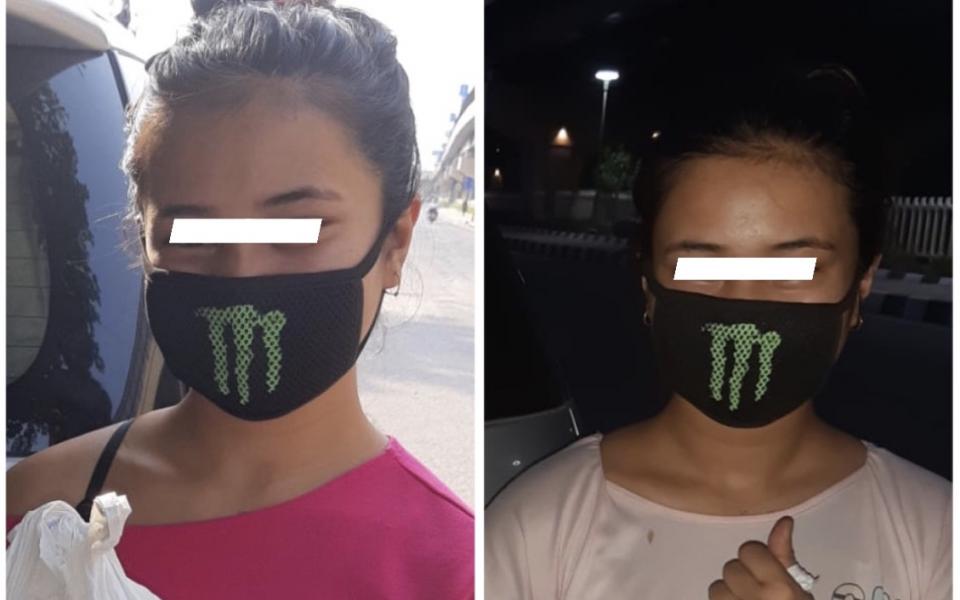
A group of Sikkimese girls, who’ve been stranded in New Delhi were provided with food and other essentials, thanks to the active initiative by Ms. Subhi Dhupar, Regional Coordinator, URI – North India & Afghanistan, Salim Khan, Founder, Little India Foundation and Prashant Sharma from Sikkim Drugs Users Forum. Ms. Debalina Kohli helped in the endeavour by making sure that the girls faced no harassment from their landlord for rent payment. The girls were also helped in order to coordinate with authorities in Sikkim for them to return home safely.
Marginalized communities can be particularly vulnerable during a humanitarian and public health crisis. Amidst the coronavirus scare and the rush of relief work activities, we often miss out on the intricacies of the socio-cultural diversity of the country which are crucial to the relief process. It is necessary to ensure the relief or help extended is done so keeping in mind the background that each community belongs to. URI-North India & Afghanistan has been ensuring that a special emphasis is laid on developing a strategy to maximise the impact of the relief process. Accordingly, in the above case, the relief package was tweaked in order to suit the culinary and cultural requirements of the Sikkimese girls by eliminating wheat flour and increasing the rice quantity. In order to make this a success, it is necessary to actively involve grassroots organisations and communities in the planning and implementation of the relief activities. Over the years, URI has been doing so through the active involvement of a number of its Cooperation Circles.
Little India Foundation, the organisation that helped URI in this particular endeavour has been working over the past few weeks to ensure that daily wage workers, people below the poverty line, migrant workers and many others who are unable to afford as basic a necessity as food are provided with the necessary help. It has been instrumental in distributing dry ration, cooked meals, fruits, masks, sanitisers and other essentials in a number of areas in the National Capital Region of Delhi. Their work, led by Mr. Arman Singh Chawla has benefitted over 1600 families during the pandemic.
